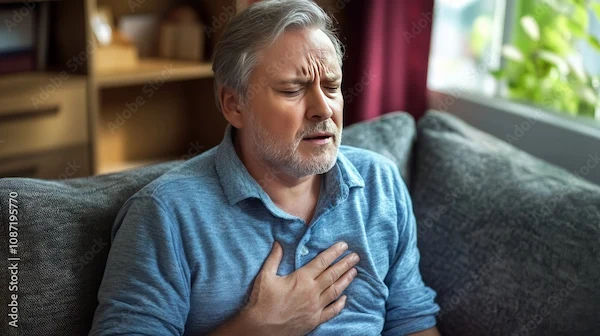- male
- 60 Years
- 29/01/2025
I'm almost three weeks post-angioplasty, and I'm wondering about drinking water. Is it okay to drink a lot, or are there any limits or precautions I should be aware of? Please let me know.
Answered by 1 Apollo Doctors
Visit your Physician for appropriate management
Dr. Ibrahim Suggests...
Consult a Cardiologist
Answered 04/07/2025
0
0

More Cardiology Health Queries
View allI've been noticing that my blood pressure levels fluctuate between 13090 and 14095, and they tend to be higher in the evenings. I'm currently on Telmisartan 40 mg and take it every morning. I'm a bit worried about whether I should keep the dosage the same or if it would be better to adjust it or even change the medication altogether. What do you think would be the best course of action?
Yes you need a combinantion of medicines,visit general physician for appropriate management and maintain healthy life style
read more![Doctor 1]()
![Doctor 2]()
Answered by 1 Apollo Doctors
What foods cause high blood pressure?
High sodium foods, processed foods and oily/fried foods
read more![Doctor 1]()
![Doctor 2]()
Answered by 1 Apollo Doctors
I'm 21 and have been going to the gym regularly for three years now, just using whey protein. I recently got diagnosed with grade 1 diastolic dysfunction on the 15th of this month, and I'm really scared. Is this something serious? Can it be treated or stopped from getting worse? Please let me know as soon as possible.
grade 1 diastolic dysfunction normal..salt restricted diet ,dash diet and regular aerobic exercises is advised to the patient.
read more![Doctor 1]()
![Doctor 2]()
Answered by 1 Apollo Doctors
Disclaimer: Answers on Apollo 247 are not intended to replace your doctor advice. Always seek help of a professional doctor in case of an medical emergency or ailment.


